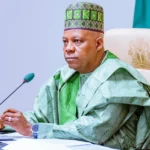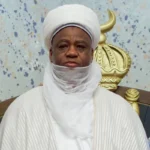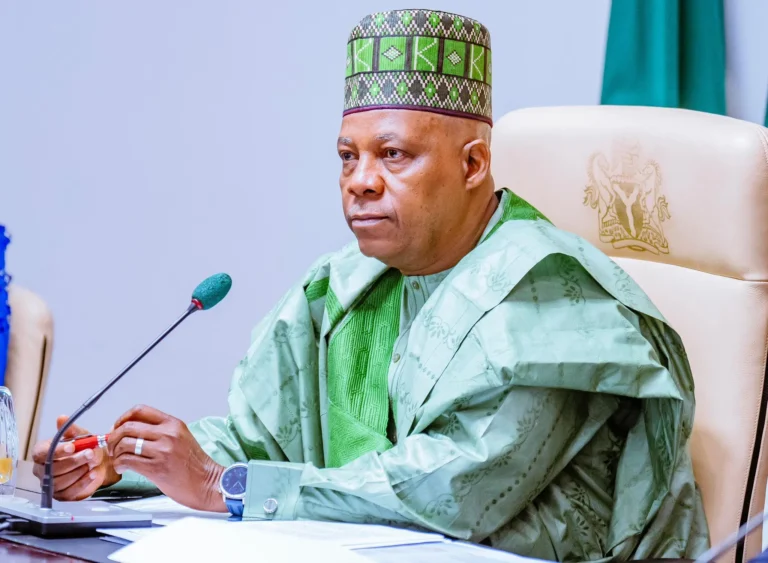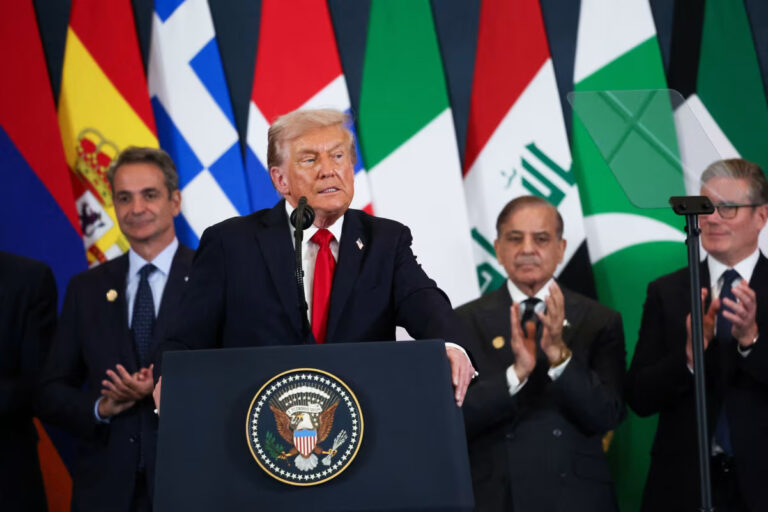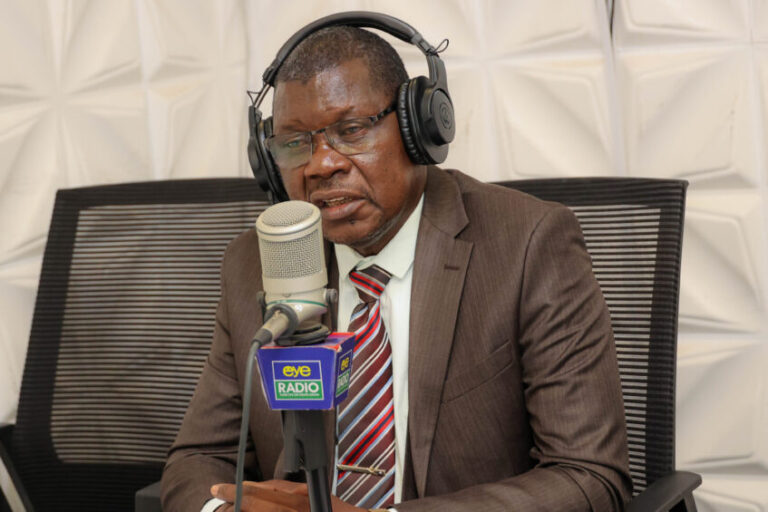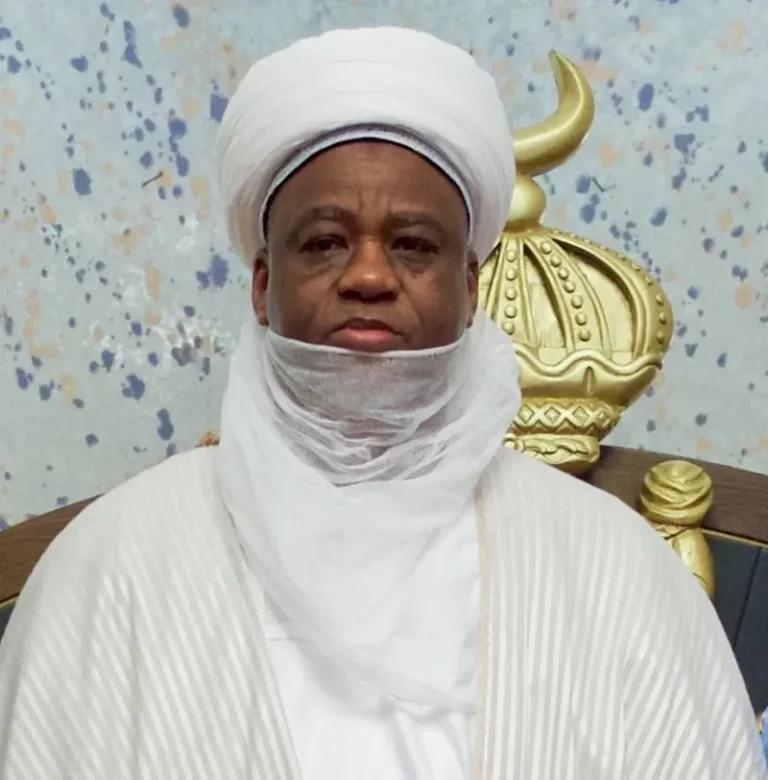
DA head of policy Mat Cuthbert says the party is under no obligation to agree with its coalition partner, the ANC.
- The DA proposed an “economic inclusion for all” bill to replace the ANC’s Black Economic Empowerment policy with poverty-focused empowerment, targeting tangible outcomes.
- The bill seeks to align public procurement with constitutional principles of fairness, transparency, and cost-effectiveness, in line with UN Sustainable Development Goals.
- DA leaders stress the bill’s distinct identity, rejecting race-based policies, aiming for economic production, and criticising the ANC’s alleged focus on benefiting the politically connected.
In a move that will almost certainly rock an already precarious Government of National Unity (GNU), the DA has unveiled an “economic inclusion for all” bill, hoping it will one day replace the ANC’s Black Economic Empowerment (BEE) policy.
Through the bill, the party wants to amend parts of the Public Procurement Amendment Act of 2024, “to repeal all race-based preferential procurement provisions and replace them with a real empowerment system that targets poverty as the proxy for disadvantage instead of race,” DA head of policy Mat Cuthbert said, adding that this was not an attempt at repeating apartheid.
Speaking at the party’s headquarters in Bruma, Johannesburg, Cuthbert said the bill aims to create a public procurement system that encourages genuine economic empowerment by offering incentives for tangible developmental outcomes such as job creation, poverty reduction, skills enhancement, and environmentally sustainable practices.
“We aim to reform South Africa’s public procurement framework by aligning it with section 217 of the Constitution, which governs public procurement, requiring that all state organs must contract for goods and services in a system that is fair, equitable, transparent, competitive, and cost-effective,” Cuthbert said.
He said this aligns with the 17 United Nations (UN) Sustainable Development Goals (SDGs), which serve as a universal call to action for government, business, and civil society to end poverty, address inequality and create a path towards sustainable economic growth by 2030.
The two biggest parties in the GNU are already in disagreement over Employment Equity, the Basic Education Laws Amendment (BELA), National Health Insurance and Land Expropriation without compensation. The DA’s challenge to these pieces of legislation has seen the ANC accuse the party of being anti-transformation.
The City of Cape Town launched a challenge to the procurement Act in June and approached the Constitutional Court.
News24 reported at the time that the City was arguing that several procedural requirements were not met when it passed through Parliament.
On Monday, Cuthbert said the DA was under no obligation to agree with its coalition partner, the ANC.
He said:
The DA may be in coalition with the ANC in government, but that doesn’t mean that we need to agree with them all the time. We are in the GNU to represent the interests of all South Africans, and we will not relent.
“As a party that cares deeply for our country and its people, it angers us to see how the ANC has used state resources to line their pockets instead of delivering much-needed services and upliftment to the people. But it doesn’t have to be this way,” Cuthbert said.
The bill is expected to go through the legislative and Parliamentary motions, which typically take years.
READ | Cape Town mayor takes Ramaphosa to highest court over procurement law
DA Federal Chairperson Dr Ivan Meyer said it was about time that race was removed from the equation, as it is not a determining factor when South Africans apply for social grants and higher education training funding through the National Student Financial Aid Scheme (NSFAS).
“We believe in a means test; there’s a means test. If you pass that means test, you qualify for the social grant, irrespective of your race. If you qualify for the means test, if your parents are poor, if they don’t have money or access to money, you will be eligible for student support,” Meyer said. He said policies that were needs-based already exist in government.
He said the party had not workshopped the bill with its GNU partners.
This is a Democratic Alliance proposal. We have decided that the DA must be distinct from the African National Congress. We are not co-opted in the GNU.
“We have our own voice, and our voice is clear. We believe in creating a production economy and not a consumption economy, and they create a consumption economy.
“We believe that we need to create a production economy, and BEE is pretty much a consumption economy for a few politically connected people.
“And so fundamentally, we believe in redress, we believe in reconciliation, and we believe in diversity in the DA,” Meyer said.


